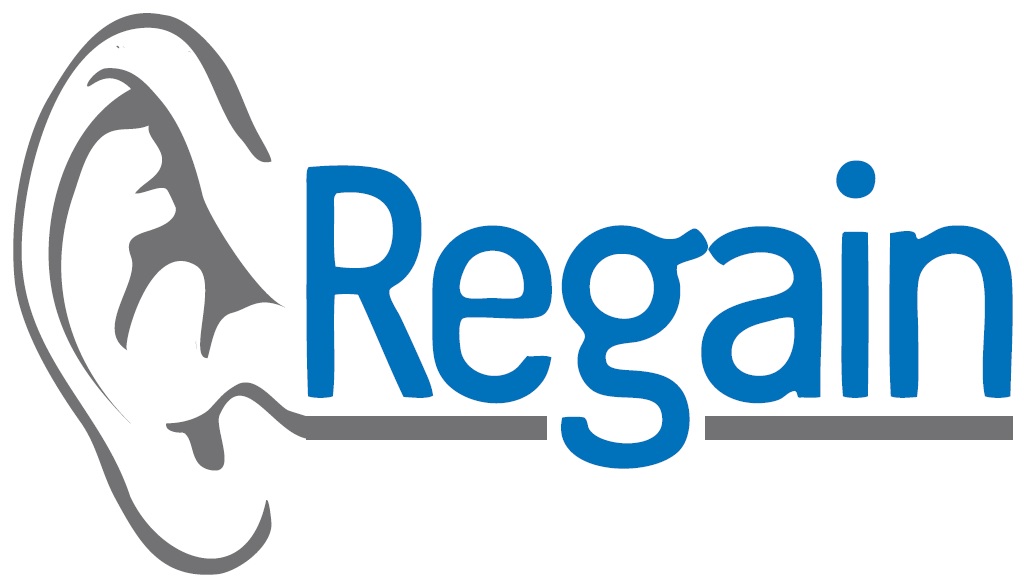Welcome to the REGAIN Patient Information page!
This section is designed for patients who are interested in the REGAIN trial. We hope that you find the information you are looking for here on the website.
A drug is in development that may be able to restore hearing loss. The REGAIN study has already shown that the drug is safe and is currently testing if it affects the ability to hear.
Patient recruitment completed
We are delighted to report that we have achieved our recruitment targets for the current study.
If you want to receive information or are interested to participate in future studies, please contact Audion Therapeutics BV via Audion's Contact Form.
Why are we doing this study?
The aim of this study is to test a new drug that may be able to treat sensorineural hearing loss. This is the most common form of hearing loss. It can be caused by damage to the hair cells lining the inner ear. When sound waves enter the inner ear, the hair cells move, which sends a signal to the nerve that runs from the ear to the brain. The brain recognises these signals as sounds.
Up until now, damage to the inner ear hair cells has been considered irreversible. Once hair cells become damaged, they will remain damaged throughout a person’s life. Hearing aids can be used for people with hearing loss to amplify sounds to make it easier for damaged hair cells to detect them but there is currently no cure. Recently, scientists have made discoveries, which show that it is possible to regrow hair cells, and potentially restore hearing loss, using a drug known as a gamma secretase inhibitor.
What is the treatment?
The study drug, a gamma secretase inhibitor, is a small chemical compound that may help supporting cells in the inner ear to develop into new hair cells. It has been tested in animals in which it was found to be safe at the doses given. This is the first time the study drug LY3056480 will be tested in people. The study drug is a liquid that must be delivered to the inner ear, through the eardrum using a syringe. This technique is commonly used to deliver other drugs, such as corticosteroids, inside the ear, for example for the treatment of Meniere’s Disease. Each participant will receive an injection in one ear, three times in total by an experienced Ear Nose and Throat surgeon. The same ear will be treated during the study. This will be the ear most affected by your hearing loss. If you feel there is no difference, the study doctor will decide which ear to treat.

